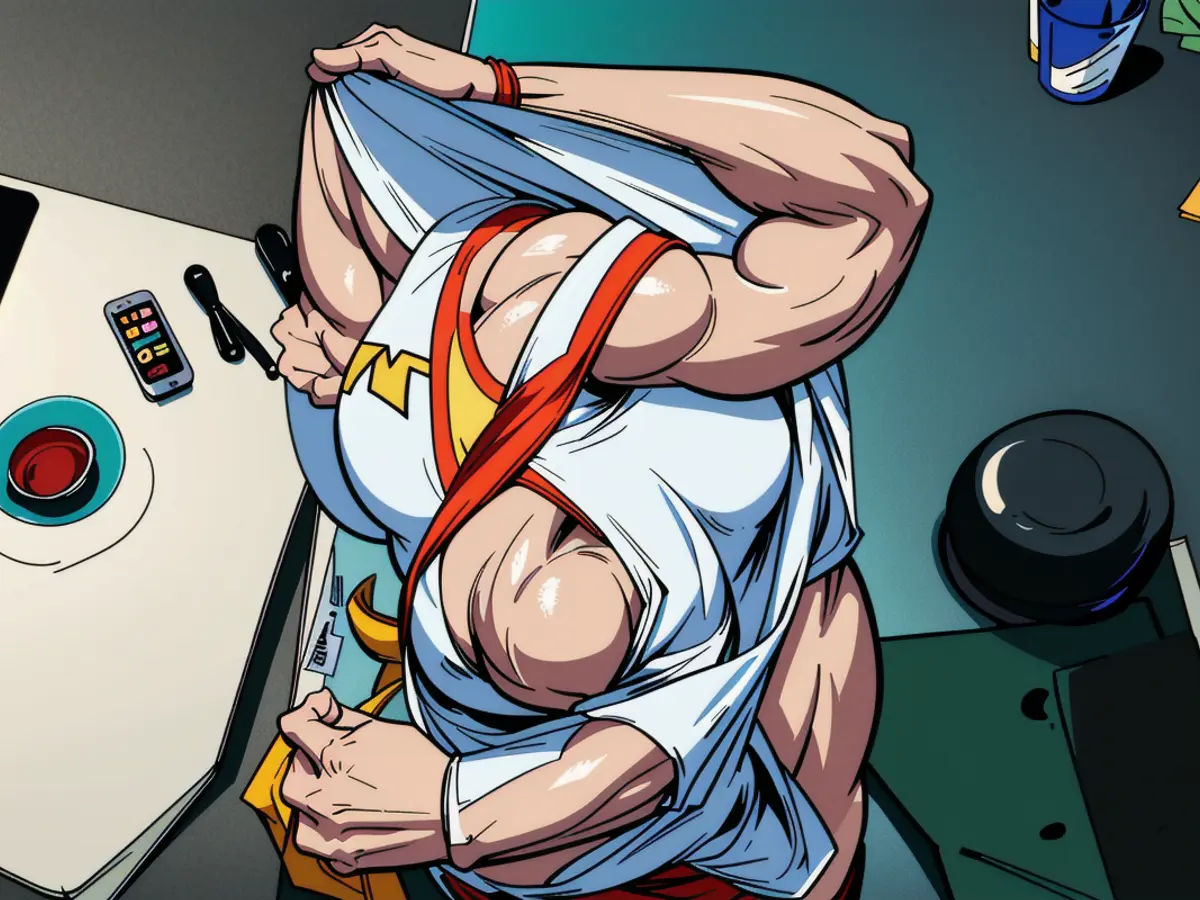Disney's Quixotic Quest to Evade a Wrongful Death Lawsuit
Disney Claims Individual Without Disney+ Membership Cannot File Lawsuit Following Spouse's Demise at Resort
In a bizarre turn of events, Disney is attempting to skirt responsibility for a woman's demise by invoking a convoluted argument-a free trial subscription to their streaming service, Disney+, five years ago, supposedly grants them immunity from litigation. This outlandish claim, akin to the cumbersome windmills of Don Quixote, has left many scratching their heads.
The predicament began when Jeffrey Piccolo's wife, a 42-year-old medical practitioner, Kanokporn Tangsuan, perished tragically at Disney Springs, one of Disney's Florida locales, in 2023. The couple dined at one of the resort's eateries, where they were repeatedly assured by their server that Tangsuan's meal could be prepared without dairy or nuts, ingredients she was severely allergic to. Regrettably, not long after consuming the meal, Tangsuan succumbed to anaphylactic shock. A medical examiner's investigation into Tangsuan's sudden passing declared her "cause of death was as a result of anaphylaxis due to elevated levels of dairy and nut in her system," the suit maintains.
Disney, however, is attempting to foist the blame onto Piccolo by pointing to his brief registration for a free trial of Disney+ in 2019. Disney+ boasts an agreement within its terms and conditions that insists all legal disputes are diverted to compulsory arbitration-a increasingly common legal maneuver granting companies a pass from facing litigation. The corporation claims Piccolo also utilized the My Disney Experience app to procure tickets to the Epcot theme park, a service that encompasses similar legal language.
Piccolo's attorney denounced Disney's idiotic argument as nonsensical and wrote in court documents that the company is "ruthlessly seeking to bar its 150 million Disney+ subscribers from ever prosecuting a wrongful death case against it in front of a jury, even if the case facts have nothing to do with Disney+."
According to CNN, Piccolo petitions Disney-a corporation boasting a staggering market value of $155 billion-for damages exceeding $50,000, encompassing emotional distress, loss of companionship and protection, loss of income, and medical and funeral expenses. Disney's response? "Sorry, we can't lend a helping hand because you signed up to watch The Mandalorian five years ago." This may serve as the most compelling reason yet to keep a safe distance from the company's disappointing streaming service.
Gizmodo contacted Disney to ascertain if they possess any justification for this shenanigans and will update this story should the company respond.
Insights:
- The case highlights the intricate legal minefield enveloping arbitration clauses in consumer contracts.
- The Federal Arbitration Act (FAA) supports the enforceability of arbitration agreements in consumer contracts.
- Despite legal support, consumer arbitration clauses face criticism due to low awareness and perceived unfairness among consumers.
- The Disney case illustrates that public opinion can significantly impact a company's decision to enforce arbitration clauses in sensitive cases.
- Companies should draft arbitration clauses with clarity and fairness to ensure transparency and address public concerns.
- In response to the lawsuit filed by Jeffrey Piccolo, Disney, despite its $155 billion market value, contends that a free trial subscription to Disney+ from five years ago grants them immunity from litigation, drawing comparisons to Don Quixote's quixotic quests.
- The Disney+ terms and conditions state that all legal disputes should be diverted to compulsory arbitration, as evidenced in the case involving Piccolo, a move that has come under scrutiny due to the perceived unfairness and low consumer awareness surrounding arbitration clauses.
- In court documents, Piccolo's attorney criticized Disney for attempting to bar its 150 million Disney+ subscribers from jury trials in wrongful death cases, even when the case facts have no connection to Disney+.
- The intricate legal minefield surrounding arbitration clauses in consumer contracts is highlighted in the Piccolo case, where Disney's attempt to skirt responsibility for a woman's death by invoking an arbitration agreement has raised questions about the fairness and transparency of such clauses.







